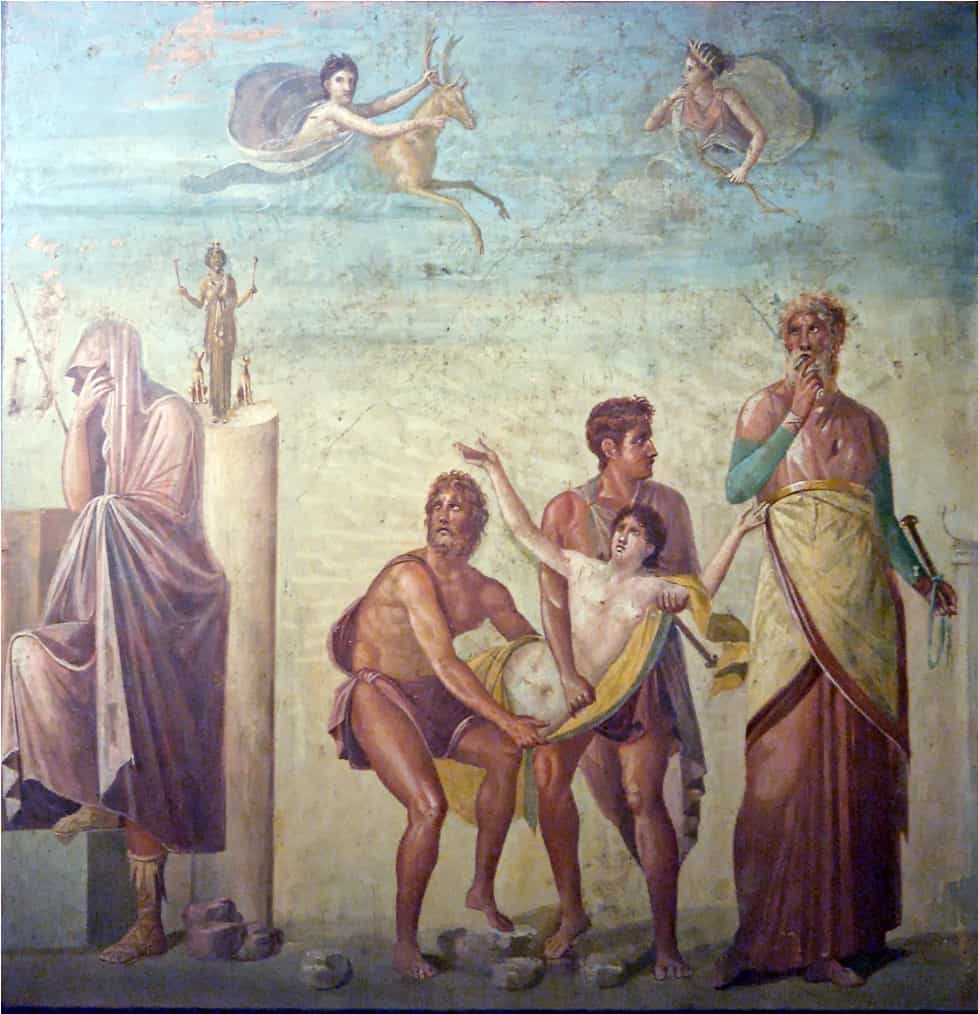
ADVERTISEMENT - CONTINUE READING BELOW
Ancient Greece’s Greatest Soothsayer
In ancient Greek mythology, Calchas was a gifted soothsayer. He was blessed by the god Apollo with the ability to predict the future from the flight patterns of birds. He could also soothsay by interpreting the entrails of enemies during battle. Calchas accompanied the Greek armies when they invaded Troy. In the Iliad, Homer extolled his skills, stating that: “as an augur, Calchas had no rival in the camp“. Calchas significantly influenced the events of the Trojan War. Before the Greeks could even reach Troy, their assembled army was stuck on a beach, unable to sail because of contrary winds.
Calchas prophesied that the winds were sent by the god Artemis, who was angry at the Greek High King and army leader, Agamemnon. To appease Artemis, Calchas stated that Agamemnon had to sacrifice his daughter, Iphigenia. It was done, and the winds shifted, allowing the Greeks to finally sail to Troy. On another occasion, the Greek armies were struck with a horrific plague, and turned to Calchas for advise on how to lift it. He divined that the plague was sent by the god Apollo, who was angered by Agamemnon’s enslavement of Chryseis, daughter of a priest of Apollo. Agamemnon was forced to send Chryseis back to her father.

